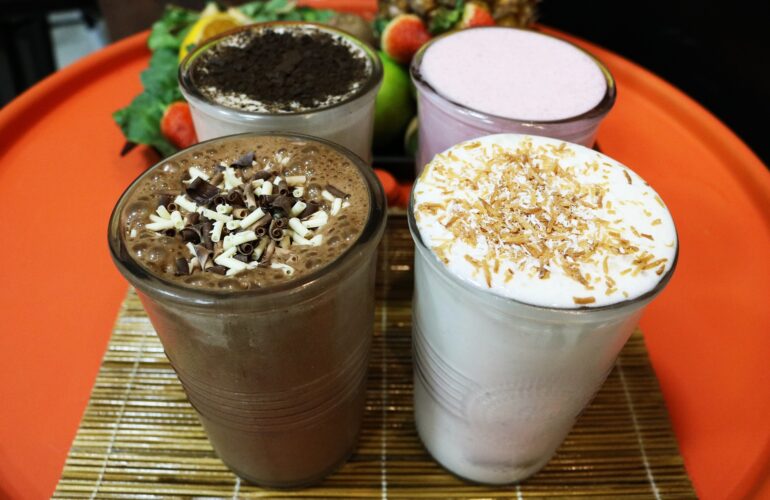Health awareness in the new era has definitely taken a storm and while many of us are aware about the effects of consumption of sugar on health and reason for its avoidance, some people still need to figure this out.
Sugar is one of the most important items on our grocery list and people don’t forget it. May it be a good morning tea or an evening shake, an occasion celebrating sweet or a celebration cake, sugar is all over in our diets. Even after being a necessity for our health plans and diet, intake of sugar should be in limit and control, as the impact of sugar consumption on health can be a matter of detailed discussion.
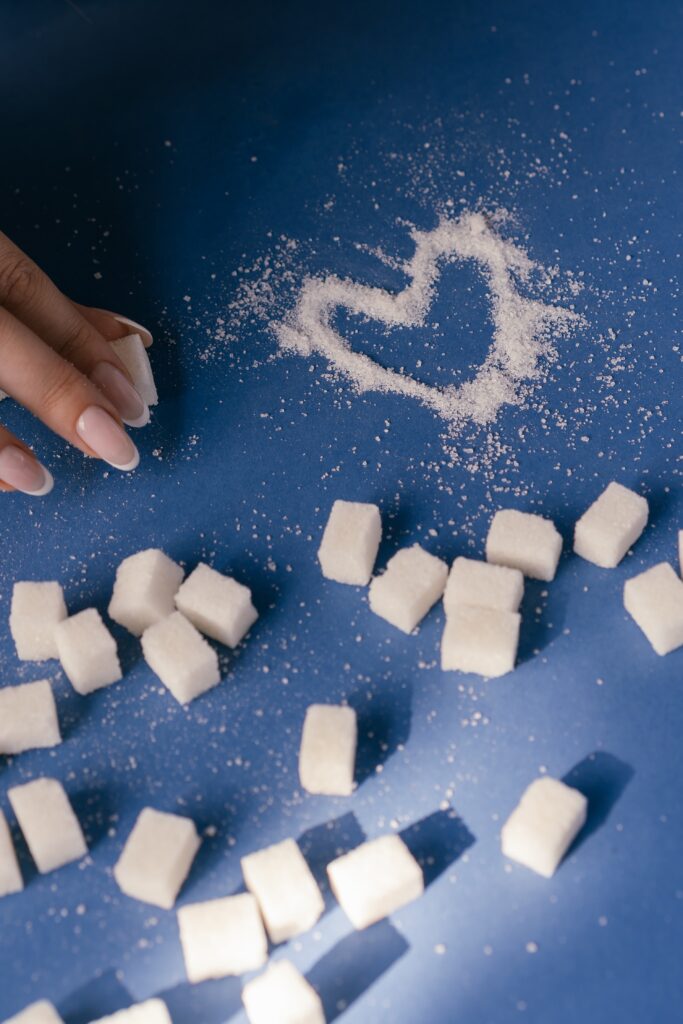
How much consumption of sugar is healthy?
A new guideline by the World Health Organization suggests that daily intake of sugar to be less than 10% of a person’s total energy intake.
Guidelines suggest that maximum consumption by men can be 36g or about 9 teaspoons and by women can be 25g or about 5-6 teaspoons on a daily basis.
It is controversial to discuss how much sugar is safe to consume on a daily basis, because the amount will depend upon the activity level, calorie intake, health condition, and various other factors. However, it is preferable to avoid added sugar when possible.

What is Added sugar?
There exists a line of difference between added sugars and natural sugar. Natural sugar is the sugar that occurs naturally in first like fruits and vegetables, whereas the ingredients we can find in candies, processed food items like baked products and soft drinks.
Dieting guidelines also suggest avoiding the food items that contain added sugar and to limit its intake as sugar in your processed food is much more harmful than natural sugar on the fruits and vegetables.
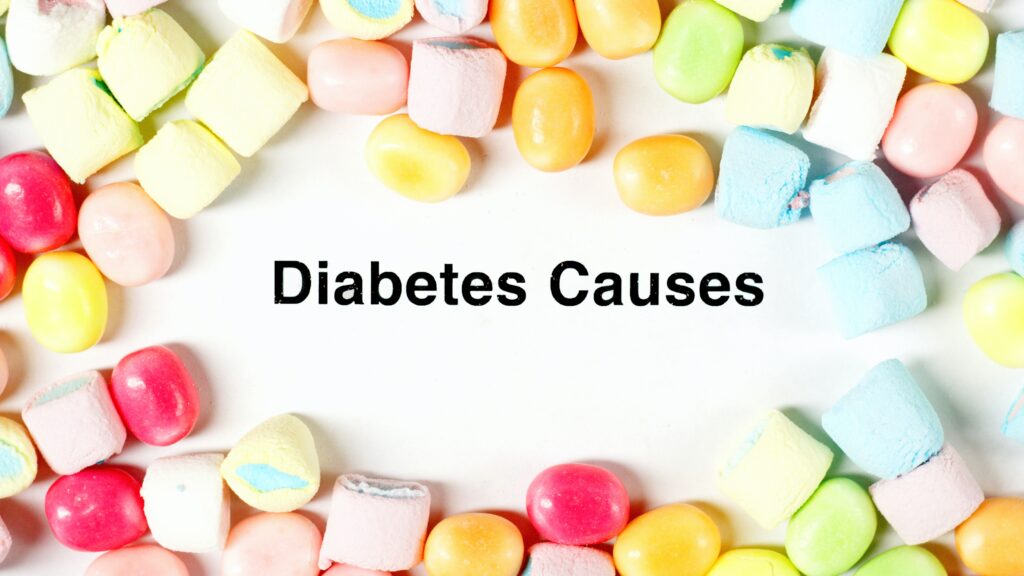
What happens when you consume too much sugar?
To understand this, it will be evident to visit the data of the last few years and compare it to today’s sugar consumption data.
Even after the awareness of harmful effects of sugar consumption and its preventions, the data of sugar consumption has been in an increase over the last few years,
In 2015, India consumed roughly about 26.5 million metric tons of sugar, and in 2021, the data crossed 28 million metric ton of consumption.
Excess consumption of sugar has many harmful health effects and diseases, including
• Obesity
• Tyoe 2 Diabetes
• Heart diseases
• Tooth decay
• non-alcoholic fatty liver disease
• Risk of cancer, in extreme cases.
• Metabolic diseases
• Accelerate skin ageing process
• Drains energy
Benefits of less sugar intake
• Reduces the risk of kidney stones.
• Reduces the risk of stroke, type 2 diabetes, other metabolic diseases, mouth cancer, tooth decays, etc.
• Prevent bone less
• High-fiber foods instead of sugar added foods can help you stay full for long
• Weight management
• With less sugar, you will consume fewer calories.
Sugar components in food items with added sugar and natural sugar.
Fruits and vegetables have a wide range of natural sugar, like surcose, fructose, and glucose in different ratios to make them taste sweet and unique.
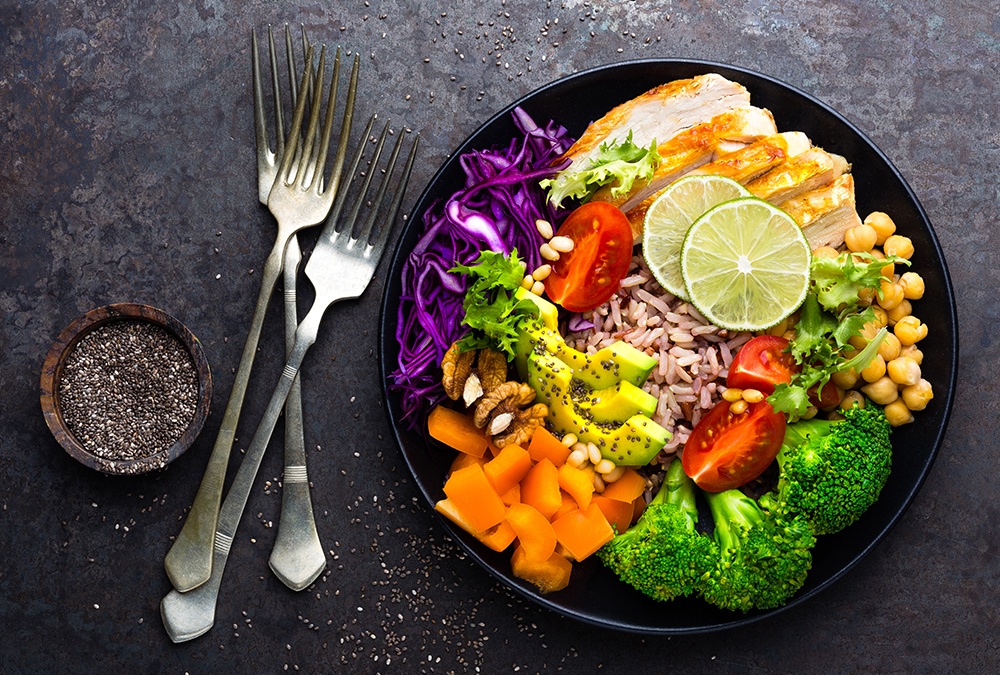
Added sugar in Beverages
• Soft drinks – 25%
The famous cold drink, Coke, contains 140 calories from sugar for a 355 mL can.
• Fruit drinks – 11%
• Tea/coffee – 7%
• Sweets and snacks – 31%
The list includes cakes, pastries, cereals as well as breads.
Fruits contain more sugar than vegetables and it is evident. Some of which are listed below.
The data is presented for 100gms of fruits and vegetables to make a better comparison,
• Apple – 11.1g
• Banana – 12.8g
• Pear – 12.4g
• Orange – 8.2g
• Pineapple – 8.2g
• Strawberry – 3.8g
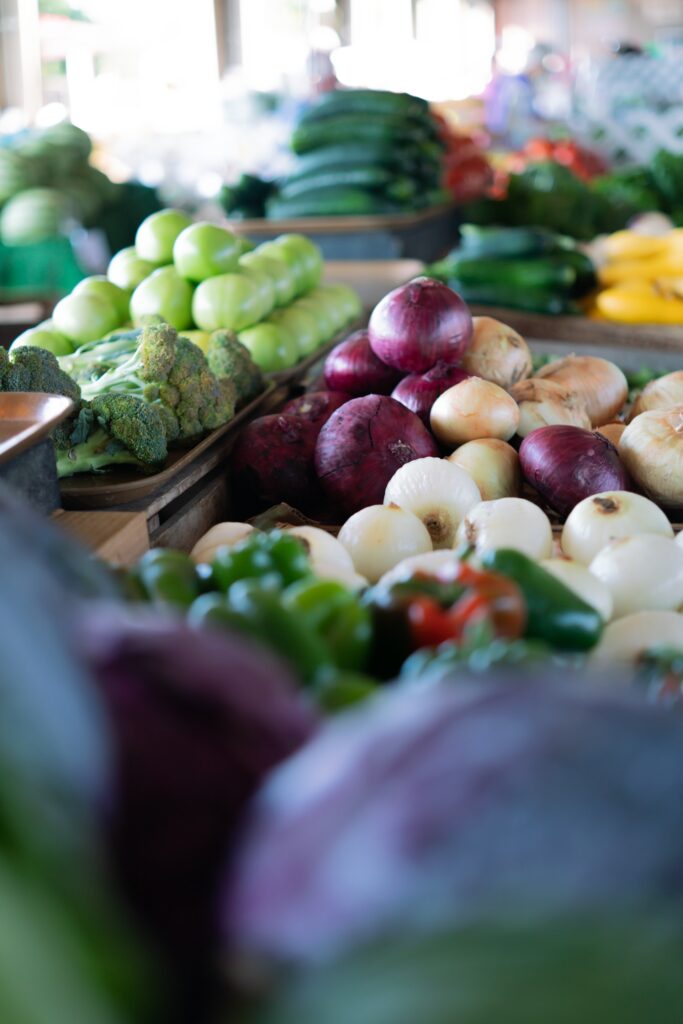
Vegetables
•Onion – 5.8g
• Tomato – 2.5g
• Betteoot – 8.4g
• Carrot – 6.2g
• Green peas – 5.9g
• Sweet corn – 6.3g
• Brocolli – 0.4g
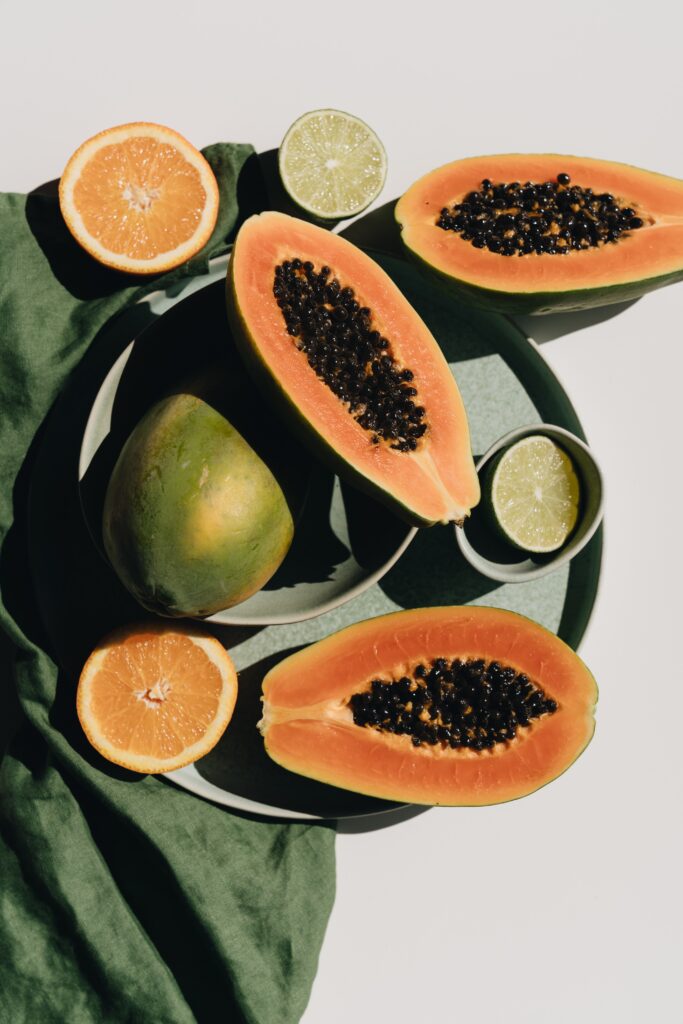
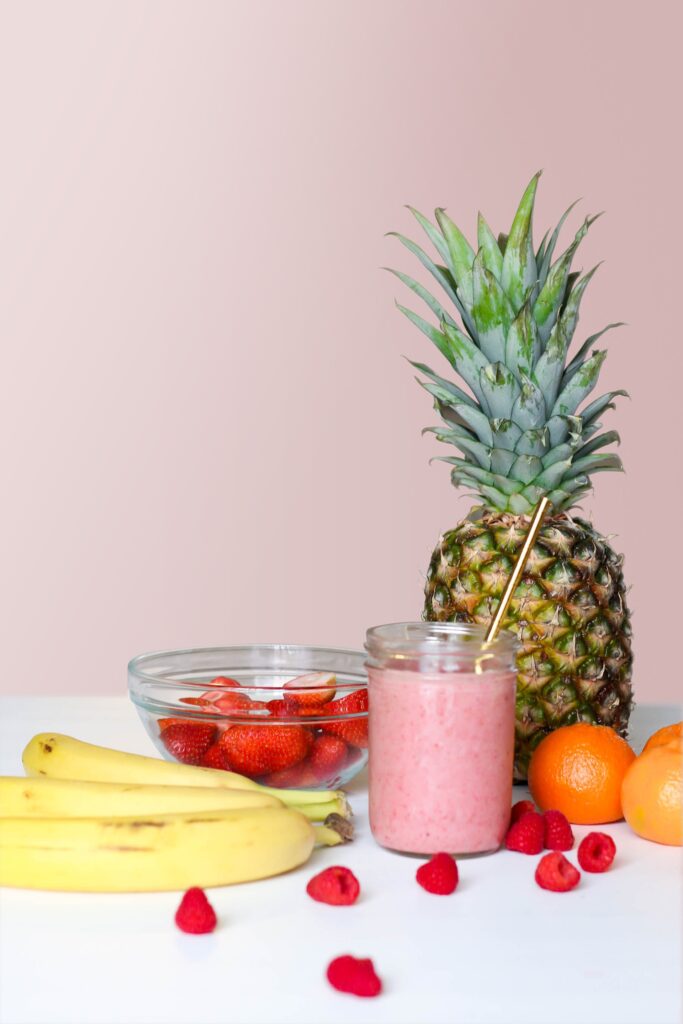
Fruits with high sugar component,
• Pomegranate – 14g
• Mangoes – 14g
• Cherry – 13g
• Litchi – 15g
• Grapes – 16g
How to minimize consumption of sugar?
• Avoid sugar completely, if you feel it addicted you to consume sugar.
• Try to limit the consumption of candies, cakes, sweets, pastries, etc.
• Limit the intake of soft drinks, fruits juices, canned fruits, etc..
• Drink water instead of soda, cold drinks, juices.
• Have sugar free tea, or coffee. Opt for black coffee without sugar.
• Replace sugar in your recipes with honey or Jaggery.
• Check the ingredient list before buying packaged food items. If your food contains glucose, fructose, malt syrup, sucrose, lactose, corn syrup, dextrose or molasses, it indicates the food item has added sugar.

The bottom line, consumption of sugar in a balanced manner is a healthy and important step to keep yourself fit. And limiting the intake of sugar can help to reduce the risk of various diseases as well as to lead a stress-free life.
Get your own diet plan – http://Contact Us – Dt Suman or contact https://instagram.com/sizespecialistbysuman/



